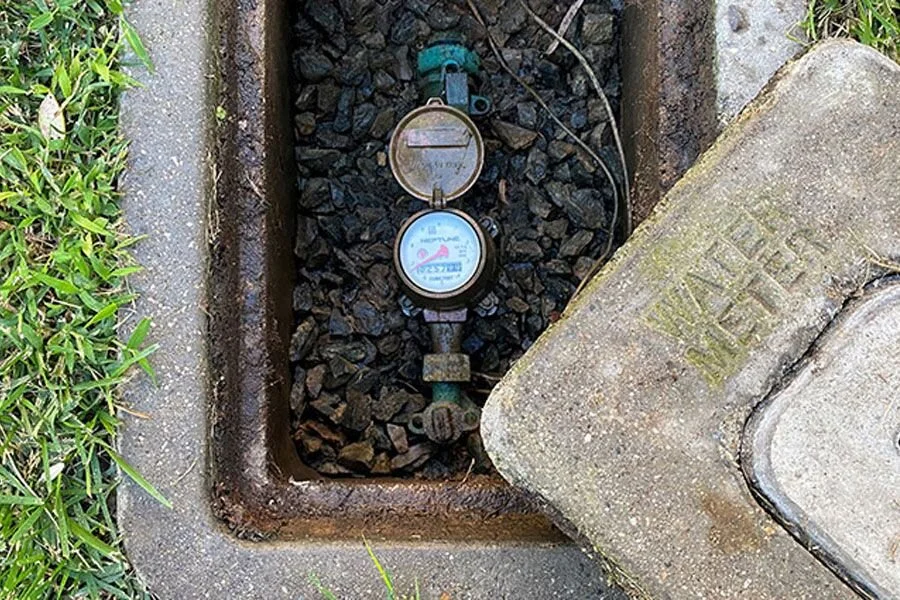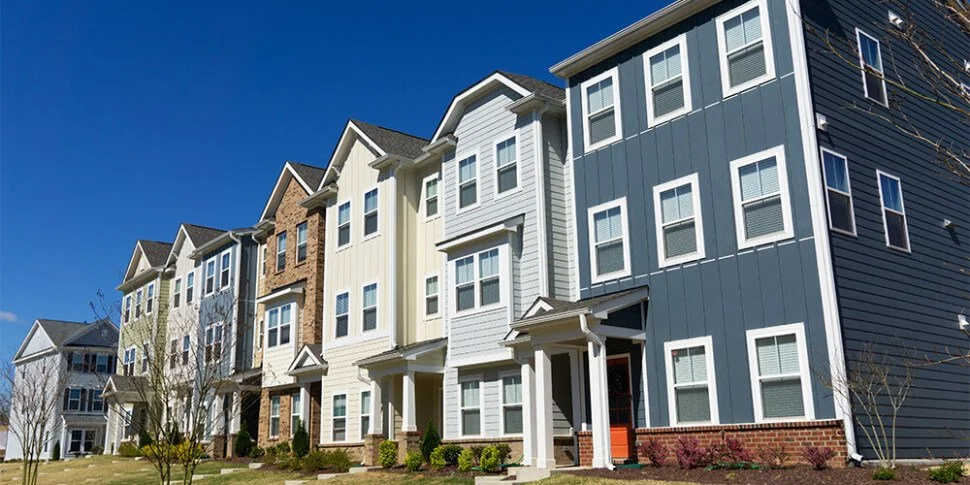Water Sub-Metering: An Overview
Water sub-metering is the process of installing individual meters for each unit or tenant in a multi-unit property. Water sub-metering allows property owners and managers to measure and bill water usage by unit versus equal cost sharing. This promotes water conservation, fair allocation of water costs, and accurate detection of leaks and damages.
A licensed plumber installs the equipment. Once the equipment is in place, Meter Minders, Inc. provides the service of reading the meters, calculating usage, applying the city rates to the usage, and providing a detailed cost statement to the unit and a master report to the HOA or building owner.
We also provide ongoing reports, as needed, about the health of your sub-meter system.
Benefits of Sub-Metering
Cost Savings: Water sub-metering incentivizes occupants to use water efficiently, as they pay for their own consumption. According to studies, water sub-metering can reduce water usage by 15% to 39% in multi-unit properties.
The largest source of water loss comes from leaking toilets. Toilets can leak silently. The American Waterworks Association reports that 1 in 5 toilets are leaking at any given time, at an average rate of 200 gallons per day, often significantly more. In a 100-unit community this means:~20 toilets at 200 gals per day = 4,000 gallons per day
~4,000 gallons per day = 1.4 million gallons per year
~1.4 mil gallons = $50,000+ in costs absorbed by owners in an equal water cost sharing community.
Accurate detection of leaks and damages: Sub-metering allows property owners and managers to monitor water usage for their unit and identify abnormal or excessive consumption. This can help prevent water waste, property damage, and costly repairs.
Increased Property Value: Water sub-metering can increase the value and attractiveness of a property. It shows the property is well managed, environmentally friendly, and cost efficient.
Service Proposals
The cost of water sub-metering depends on various factors: number of units, type and location of meter, and billing frequency options.
To provide an accurate quote, we talk to you about your unique property situation, visit the property to assess the m, and then provide a comprehensive service proposal.



